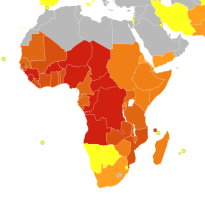- About the PharmD
- Admissions
- Admissions Overview
- Policies and Disclosures
- Financial Aid and Cost
- Application Process
- Application Process Overview
- Step 1: Minimum Eligibility Requirements
- Step 2: The Application
- Step 3: Interview Process
- Step 4: After Applying
- Frequently Asked Questions and Tips
- Applying Without U.S. Citizenship or Permanent Resident Status
- PharmD-PhD
- Post-Baccalaureate Program
- Pharm Tech to PharmD Pathway Program
- Student Life
- Curriculum
- Connect
- Info for...

Search
UCSF Menu









